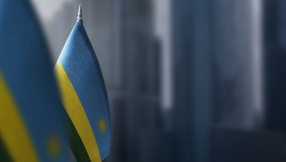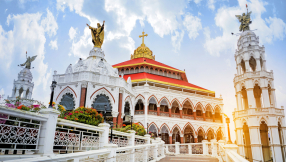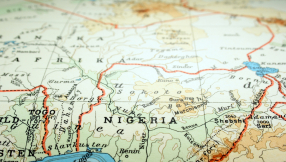Catholics and Protestants in Italy have signed a joint declaration on migrants urging a spirit of humanity and solidarity.
Tens of thousands of migrants have crossed the Mediterranean to Italy and the Italian government is putting increasing pressure on Italy-based rescue missions, accusing them of encouraging the dangerous crossing. Under interior ministry Matteo Salvini's anti-migrant rules, the authorities have closed Italy's second-largest reception centre, near Rome and withdrawn two-year 'humanitarian protection' residency permits.
According to The Local, the Italian Refugee Council has said it was 'seriously concerned' by the new legislation which 'will put thousands of people outside the law and only a very few can be repatriated'.
Salvini is facing trial for refusing to let 150 migrants disembark last year from a rescue ship docked in Sicily, the far-right leader said on Thursday. He was placed under investigation last August for alleged abuse of power and holding people against their will after he denied permission for the Italian coastguard ship Diciotti to let a group of mainly Eritrean migrants disembark.
The migrants were eventually allowed to land, but since then Salvini has tightened the screws and is refusing to let any rescue ships into Italian ports, saying other European states should pick up the strain.
The Federation of Protestant Churches in Italy, Italian Episcopal Conference, Waldensian Board and Community of Sant'Egidio signed a joint declaration, entitled 'Let's remain human' during the Week of Prayer for Christian Unity.
The appeal is subtitled 'On immigration, it's time to change our language and act: save those who are in danger, extend humanitarian corridors and open new legal pathways for entry.'
It says: 'We regret and are dismayed by the superficial and repetitive rhetoric which, for months now, has been used in relation to the theme of global migration, and which loses sight of the fact that, behind the migrant flows, landings and statistics, there are men, women and children who are denied their fundamental human rights: in the countries from which they are fleeing and, indeed, in the countries through which they transit, such as Libya, where they end up in detention camps where they struggle to survive.
'To point the finger at them as though they were a threat to our wellbeing, to define them as potential criminals or freeloaders in our reception system is to betray the story of immigrants –Italians included – who, by contrast, have contributed to economic, social and cultural growth in so many countries.'
It calls on European countries to replicate or expand 'humanitarian corridors', opened for the first time in Italy at the beginning of 2016, arguing that these protect migrants against exploitation and people-traffickers.













